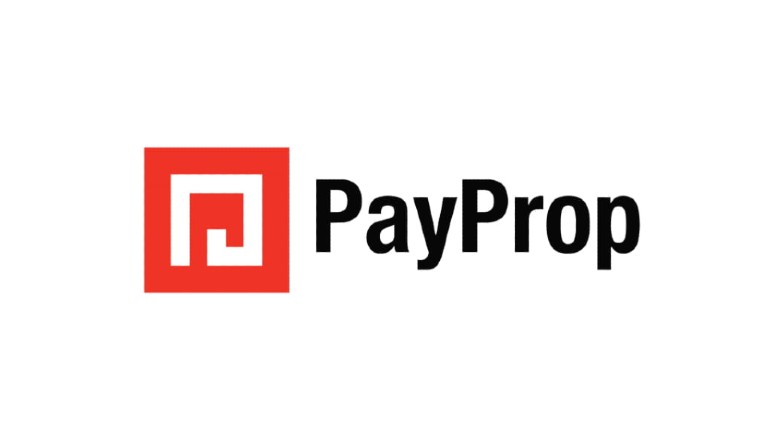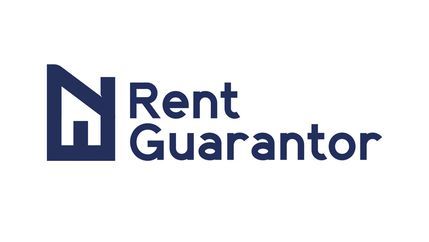
The basic principle is that all agents must have ringfenced client accounts, i.e. client accounts that are separate from their business account, into which tenant and landlord funds should be paid. The overwhelming majority of agents comply with this rule.
In addition, keeping accounting records is a must, which ideally (but not always) includes a system of reconciliation—to match rent payments to tenants, and to the landlords and other beneficiaries to whom the funds will be paid to.
Most property management systems try to comply but client funds aren’t like water in a bucket
Some property management systems even go so far as automating the settlement of these amounts, albeit in a roundabout way—by pulling funds from a client account, putting them into a settlement account, and then pushing all payments out.
It all sounds simple and effective, but it is not enough. Using this common approach is like treating a client account as an all-purpose bucket of water shared between multiple landlord clients. All tenant funds flow into the bucket, and each month funds are scooped out and distributed.
The trouble is not knowing what money belongs to what property
The possibility of paying property A’s expenses with B’s money—in extreme cases across different landlords—could happen. What if a Direct Debit fails? It is a big risk to use rent money from Property A to pay a landlord without knowing which property or even which landlord the money used is meant for.
An even worse scenario could be paying the landlord or supplier who is making the most noise—hoping that when the right tenant eventually pays, the imbalance will sort itself out. In the long run, these little exceptions create a big problem—a client account that is almost impossible to reconcile down to each property. And that goes double for funds held back for maintenance and repairs.
Retaining some of the landlord’s money (with their permission) to cover approved property expenses is a healthy practice and helps when there is a problem with the property. But when no funds are available, an agent cannot just use some of the other money in the bucket.
Payprop: the case for next-level client fund separation
Only the most sophisticated systems have proper client fund separation on four levels
Using PayProp ensures there is a proper separation of client funds (from business funds, from other clients’ funds, between different properties in the same portfolio, and for different purposes in the same property).
Imagine that within a ringfenced PayProp client account bucket, there is a little bucket for every client, and within that bucket, a smaller bucket for each property, into and from which only funds belonging to that property are funnelled. Finally, each property bucket is further subdivided, to keep funds for the landlord, tenant, third parties, and the agency, accounted for to the penny.
Next, there is the matter of the funds actually being there. The best rental payment systems have true bank integration, smart software-based reconciliation of a myriad of incoming payments, and end-to-end payment automation to ensure faster, 100 per cent accurate settlements that do not depend on double entry or manual intervention.
Through PayProp’s smart, easy-to-use sophistication, we can guarantee that landlords, contractors or anyone else that needs a share of the rent money are only paid once funds are actually received and cleared. PayProp does this for each property managed, so a property’s expenses are only paid with money meant for that property that has actually arrived in the account and is intended for that purpose.
Any money retained for future expenses is separately ‘tagged’, stored and accounted for. No outgoing payments can exceed the amount received for a particular property. And each agency’s client account is reconciled to the last penny daily.
What’s more, all accounting, banking, and property management tasks related to these funds are automated for PayProp-powered agents, leaving no room for human error, while an unalterable audit trail remains on the platform forever, for every user and every action they take. This allows the agencies to track (and prove, if necessary) who has done what on the client account from the moment a user logs in.





